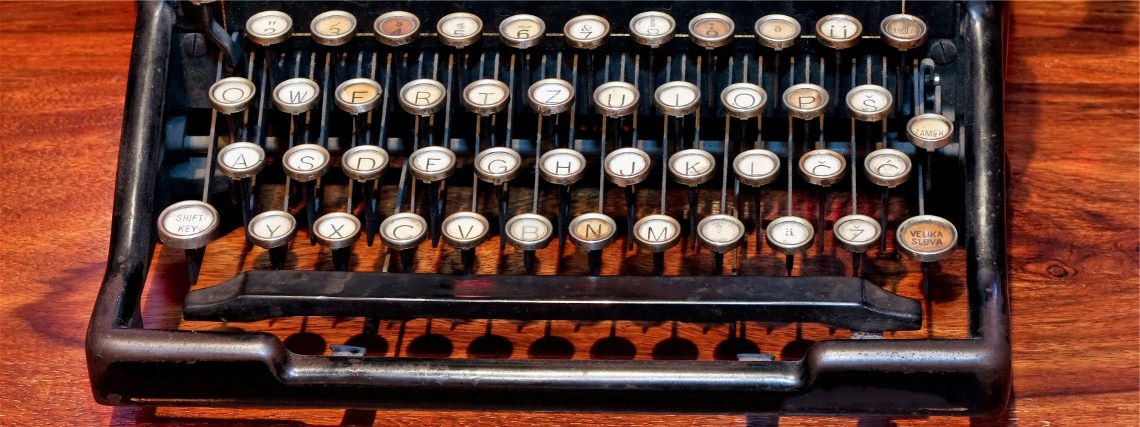|
Commentary
War = Destruction
by Marco den Ouden
This
editorial was published in our Feb. 16, 2003 issue before the United
States invaded Iraq and was in response to a comment made at an economic
conference in Vancouver.
There are good wars and there are bad wars. A good war is a
war of self-defense – fought to preserve and enhance freedom from
enemies who would destroy it. But war is and always must be a last
resort. Much is made of the failure of Neville Chamberlain to bring the
“peace in our time” he promised. But the challenge he faced was to try
and prevent the destruction that war ultimately brings. He tried to
avert the V2 rockets that devastated London. Unfortunately, Chamberlain
proved to be wrong. Hitler was untrustworthy and soon set about
implementing his imperialist aims.
The situation we face today is similar. Saddam Hussein is a
ruthless tyrant even among his own people. In the wake of the terrorist
attacks on America of 9/11, the Americans are re-assessing the threat
posed by Hussein. The problem today is that toxic chemicals and poisons
are easily transported. A small vial of nerve gas can kill hundreds if
not thousands. And a dirty bomb, strategically placed, could kill
millions.
The big question is whether Iraq really has these weapons or
the capability to produce them. And the problem is, the evidence has
been found wanting by key international players, not to mention the
thousands upon thousands of peace marchers taking to the streets. They
are, in John Lennon’s words, saying “give peace a chance.”
Ultimately, war may happen. But of one thing we can be
certain – war, even justifiable war, entails destruction. So it was with
some concern that I saw a wretched old canard pulled out at a panel
discussion leading up to the Financial Forum in Vancouver this weekend.
The offender was someone who I thought would know better, Diane Francis
of the National Post. A report of the forum in The Vancouver Sun quoted
Ms. Francis as saying “War is beneficial to the economy, let's face it."
I don’t usually write to public figures but I quickly sent her an email
on this point.
The fallacy, I told her, was known as the Broken Window
fallacy and refuted absolutely in Henry Hazlitt’s Economics in One
Lesson. In print for over fifty years, this classic work built on
the premise of the great French essayist Frederic Bastiat in his essay
What is Seen and What is Not Seen. Bastiat’s and Hazlitt’s point
is that in examining economic actions, particularly in the field of
public policy, we must look beyond the obvious to trace all the
consequences of the action. Which brings us to the Broken Window
fallacy.
Hazlitt presents the simple story of a shop keeper and a boy
with a rock. The boy hurls the rock through the shop window and runs
away. A crowd gathers and commiserates with the shop keeper and condemns
the youth. Until, that is, some wag in the crowd reflects aloud that
every cloud has a silver lining. The shop keeper now must buy a new
window. That creates work for the glazier who now can afford to buy
some new tools. That creates work for the tool maker and so on. Why
with this ripple effect, the whole economy will benefit from the boy’s
act of destruction. You could even call him a hero for such service to
the nation.
The fallacy is that it looks at the obvious effects and
ignores the unseen effects. What is not seen is that the shop keeper was
planning to buy a new suit. That would have created work for the tailor
who would have then employed the services of someone else and so on.
This “ripple effect” does not happen and cancels out the one noted by
our amateur philosopher. And society as a whole is, in fact, poorer.
The economy could have had a window and a new suit. Now it just has a
window because the suit is never made.
War, in fact, is the Broken Window fallacy writ large. War
is destruction. War does not create wealth. Production creates wealth.
War destroys wealth.
|

